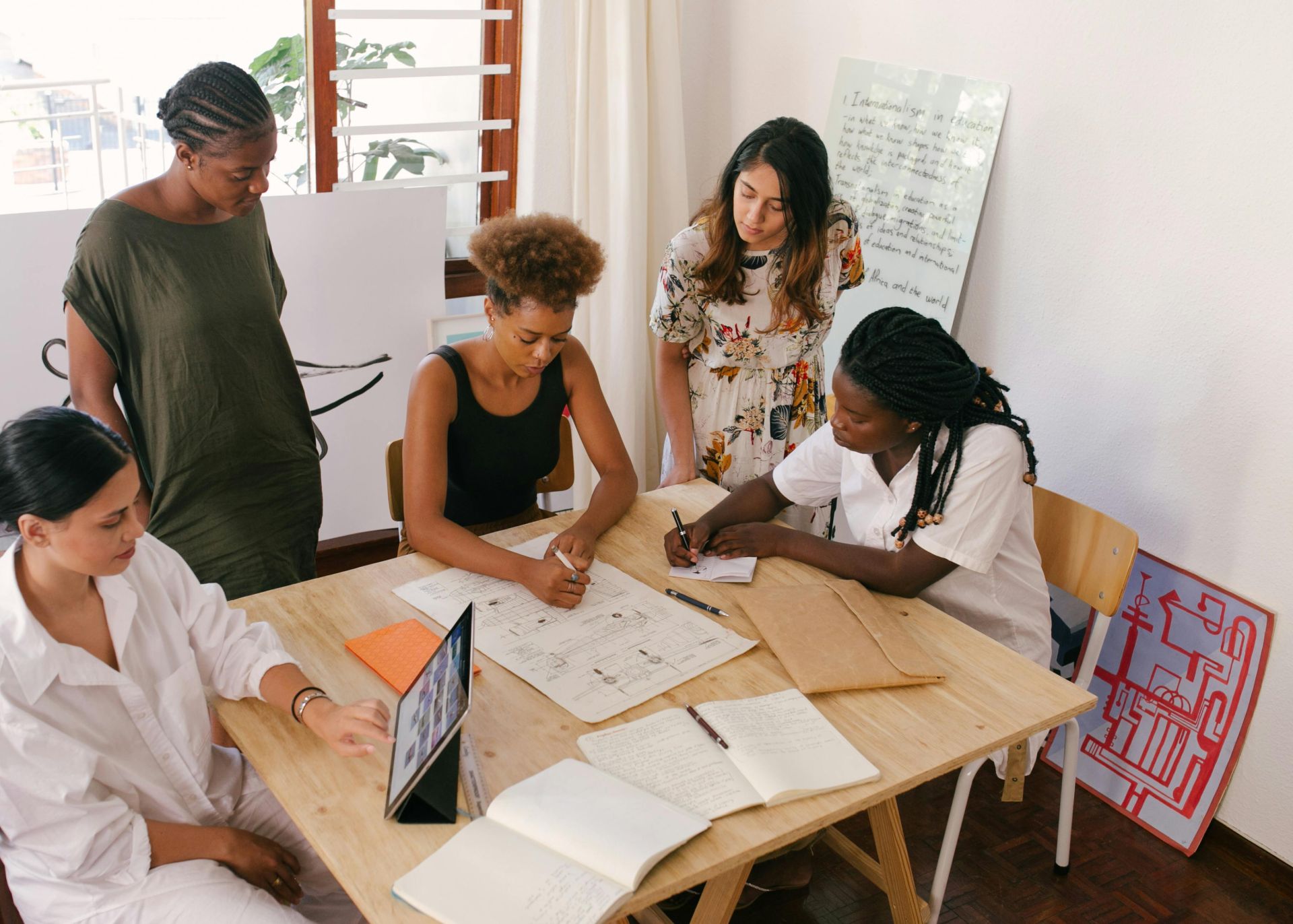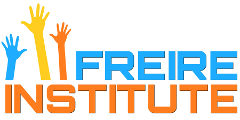Concepts Used by Paulo Freire
Transformational educator, pedagogical thinker and radical practitioner
Concepts used by Paulo Freire
Paulo Freire's pedagogical approach has been applied in many contexts, but it is more than simply a collection of methods or techniques. Here we outline briefly some of the key concepts in Freire's work.
Culture of silence
The culture of silence, as defined by Paulo Freire, refers to a situation where oppressed people are trapped by a lack of power, and prevented from expressing and acting upon their thoughts and experiences. This silencing can be caused by fear, lack of access to education, or the internalization of oppressive beliefs. The culture of silence maintains the status quo by preventing those who are marginalized from having their voices heard, and from participating in the decisions that affect their lives. Breaking the culture of silence is a critical step towards liberation.
Praxis (Action/Reflection)
Praxis is a continuous cycle—we would say a spiral—of action and reflection. It is not enough for people to come together in dialogue in order to express the problems they face. They must actively work together to change their situation, reflect critically upon their reality to gain further knowledge, and in doing so transform their reality through further action and critical reflection. This cycle of action and reflection is never ending.
Generative themes
According to Paulo Freire, an epoch “is characterized by a complex of ideas, concepts, hopes, doubts, values and challenges in dialectical interaction with their opposites striving towards their fulfilment”. Generative themes are the key issues and concerns that shape a society at a given time. They are the topics that represent people's underlying (sometimes hidden) hopes, fears and motivations, and that drive their actions. By understanding these themes, we can shape learning experiences that are relevant to people's lives.
Transformation
Freire believed that true commitment to social change requires a profound shift in perspective. It's about letting go of old ways of thinking and embracing a new understanding of the world. This is not a one time event, but an ongoing process. This has also been expressed by Freire as the "Easter experience", where he says, “Those who authentically commit themselves to the people must re-examine themselves constantly. This conversion is so radical as not to allow for ambivalent behaviour... Conversion to the people requires a profound rebirth. Those who undergo it must take on a new form of existence; they can no longer remain as they were.”
Dialogue
Dialogue is a process of mutual learning, where everyone's voice is valued. It requires respect, trust, and a willingness to challenge one's own assumptions. To enter into dialogue presupposes equality amongst participants. Each must trust the others; there must be mutual respect and love (care and commitment). Each one must question what he or she knows, and realize that through dialogue existing thoughts will change and new knowledge will be created.
Conscientization
Conscientization is the process of developing a critical consciousness of the social and political forces that shape our lives, and developing the critical thinking skills to challenge injustice and create change. This is not simply an intellectual process, or a moment of enlightenment, but one that presupposes an ongoing commitment to action. Nor is it an individual process; we discover and seek to change reality through our collective activity. The concept is a difficult one as it is often misused by people who treat it as an intellectual process. Paulo Freire says that we all acquire social myths which have a dominant tendency, and so learning is a critical process which depends upon uncovering real problems and actual needs.
Codification
Codification is a way of gathering information in order to build up a picture (codify) around real situations and real people. Decodification is a process of examining that picture together, to understand the underlying issues and power dynamics. People in a group begin to identify with aspects of the situation until they feel themselves to be in the situation, and so able to reflect critically upon its various aspects, thus gathering understanding. It is like a photographer bringing a picture into focus. We should also note that a codification does not have to be a picture in a literal sense; it could be a poem, a role play, a piece of music, theatre or any problem-posing representation of reality.
Banking concept of education
The banking concept of knowledge is a damaging and authoritarian approach to education, in which teachers seek to deposit information into students' minds, treating them as empty vessels. Freire believed that true learning is a collaborative process. Freire described banking education as a concept in which, "Knowledge is a gift bestowed by those who consider themselves knowledgeable upon those whom they consider to know nothing."
PAULO FREIRE
LEARNING
Copyright © 2026 Freire Institute · All Rights Reserved
Online Courses
Professional
Workshops
Mini Courses
-
Paulo Freire: Life and Works
-
Community Organizing
-
Measuring Social Value
-
Introduction to Cultural Studies
-
Policy Analysis
-
Globalization

Intercultural Formation Programme
Course Categories
-
Critical Pedagogy
-
Community Organizing
-
Social Economy
-
Cultural Studies
-
Policy and Politics
-
Global Studies
University Degrees
(UCLan)
Write your awesome label here.
Online Courses
Community Learning
In-house Training and CPD
-
Circular Economy
-
Community Engagement
-
Community Research
-
Equality, Diversity and Inclusion in the Workplace
-
Neurodiversity in the Workplace
-
Reflective Practice
-
Social Investment
-
Social Responsibility and Ethics
-
Strategy and Planning
-
Sustainability Finance
-
Sustainable Leadership
-
Theories of Change
-
Thinking Critically


